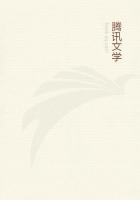The classes, then, of things about which, and of things out of which, arguments are constructed, are to be distinguished in the way we have said before. The means whereby we are to become well supplied with reasonings are four: (1) the securing of propositions;
(2) the power to distinguish in how many senses particular expression is used; (3) the discovery of the differences of things;
(4) the investigation of likeness. The last three, as well, are in a certain sense propositions: for it is possible to make a proposition corresponding to each of them, e.g. (1) 'The desirable may mean either the honourable or the pleasant or the expedient'; and (2) Sensation differs from knowledge in that the latter may be recovered again after it has been lost, while the former cannot'; and (3) The relation of the healthy to health is like that of the vigorous to vigour'. The first proposition depends upon the use of one term in several senses, the second upon the differences of things, the third upon their likenesses.















